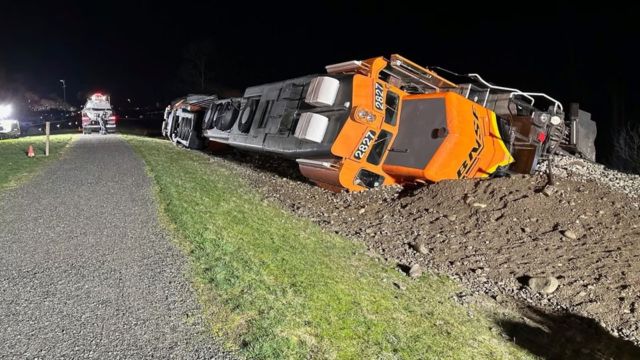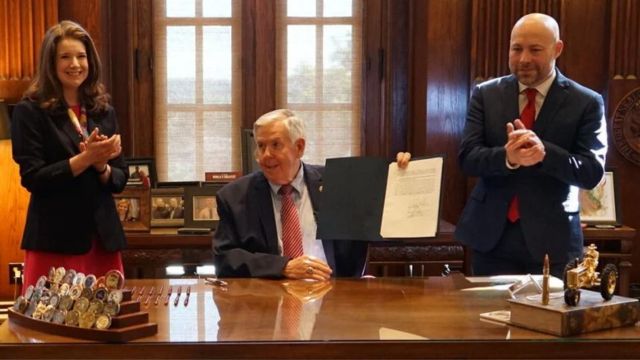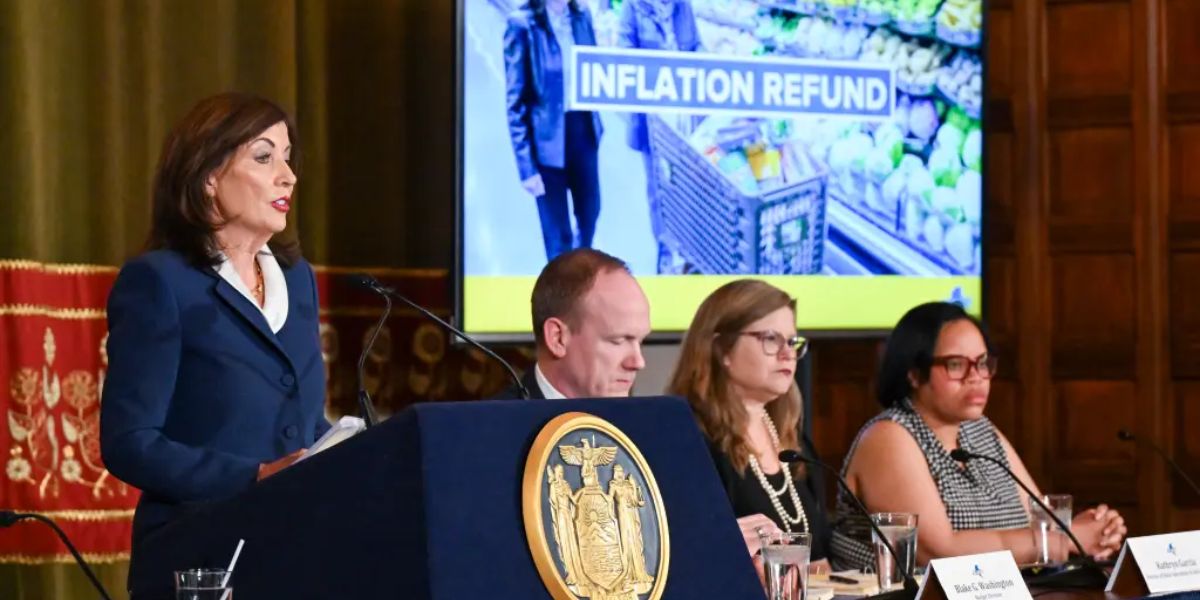A federal judge in Seattle said Monday that BNSF Railway must pay a Native American tribe in Washington state almost $400 million because the company broke the law by running 100-car trains carrying crude oil across the tribe’s land over and over again.
Last year, US District Judge Robert Lasnik first said that the railroad broke the terms of an easement it made with the Swinomish Tribe north of Seattle in 1991. The easement says that trains can carry no more than 25 cars per day. A trial was held earlier this month to find out how much money BNSF made from trespassing from 2012 to 2021 and how much it should have to pay back.
In an email, the Fort Worth, Texas-based business said it had nothing to say about the decision. The tribe, which has about 1,400 people, did not answer right away when an email was sent asking for a comment.
In 2015, the tribe sued BNSF because it had greatly increased the number of cars it was running across the reservation without their permission. This was done so that BNSF could ship crude oil from the Bakken Formation in North Dakota to a plant nearby. Along the coast, the path goes through sensitive marine ecosystems and over water that connects to the Salish Sea, where the tribe has rights to fish protected by a treaty.
It is easier to turn Bakken oil into fuels that are sold at the gas pump, and it is also easier to light. In 2014, a government agency warned that Bakken crude oil is more volatile than other crudes in the U.S. after train cars carrying it blew up in Alabama, North Dakota, and Quebec.
Last year, two BNSF engines went off the tracks on Swinomish land, leaking about 11,700 liters (3,100 gallons) of diesel fuel near Padilla Bay.
The easement from 1991 said that only one train with 25 cars could go in each way each day. It said that the tribe would not refuse to let BNSF raise the number of trains or cars without a good reason. It also said that BNSF had to tell the tribe about the “nature and identity of all cargo” that was moved across the reservation.
In 2011, Skagit County put out a planning paper that told the tribe that a nearby refinery would start getting crude oil trains. Court records show that it wasn’t until the next year that the tribe got information from BNSF about how the tracks were being used at the time.
The tribe and BNSF talked about changing the agreement, but Lasnik said in his decision last year that “at no point did the Tribe approve BNSF’s unilateral decision to transport unit trains across the Reservation, agree to increase the train or car limitations, or waive its contractual right of approval.”
Lasnik said, “BNSF failed to inform the Tribe about the type of cargo that was crossing the Reservation and increased the number of trains and cars without the Tribe’s written consent, violating the conditions placed on BNSF’s permission to enter the property.”
This month’s four-day trial was meant to give the court information and expert evidence that would help the judge figure out how much “ill-gotten” profit BNSF should have to give back to the government. Lasnik put that number at $362 million, and he added another $32 million in gains after taxes, from things like investment income, to make the total more than $394 million.
As the judge wrote, BNSF made a lot more than $32 million in profits after taxes. However, adding all of that up would have made the railroad’s already huge fine even bigger by hundreds of millions of dollars.
Source: CNN




